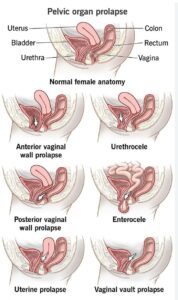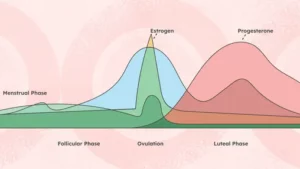Infant massage is a gentle, nurturing practice that fosters physical and emotional development in babies, while also providing a unique opportunity for parental bonding. This ancient tradition offers an array of health benefits, primarily focusing on enhancing a baby’s physical well-being and emotional security and on ensuring that parents have an extra tool to bond to their little ones.

Physical and Mental Health Benefits of Massage for the Baby?
Physical Health: Infant massage is known to promote restful sleep, reduce stress hormones, relax muscles, improve digestion, and alleviate constipation, boost circulation and immunity, increase stimulation threshold, reduce colic symptoms, and promote gross motor development by stimulating the nervous system.
Emotional and Psychological Growth: The practice supports the baby’s emotional and psychological development, laying a foundation for a secure and trusting relationship between parent and child. As the massage is always carried out by a primary caregiver it can strengthen the bonds within the new family and can help by fostering secure attachment.
Benefits of Baby/Infant Massage for Parents?
Parents can also experience significant benefits of this practice. It helps in building confidence in parenting skills, understanding the baby’s non-verbal cues, strengthening the parent-child bond, and creating a peaceful and relaxed environment beneficial for both.

How to Perform Infant/Baby Massage?
Preparation: Choose a mild, unscented oil suitable for a baby’s sensitive skin. Ensure the timing is right, preferably not immediately after a meal.
Technique: After learning the steps of the massage routine from a certified instructor begin with simple, gentle strokes. You can massage the back, hands, feet, shoulders, and head using different pressures and movements. Pay close attention to your baby’s reactions, as these will guide you in adjusting your technique.
Consent and Interaction: Although babies cannot verbalize, seeking their consent and observing their reactions is crucial. It sets a foundation for respect and understanding between the parent and the child.
Regular Practice: Incorporating massage into a daily routine, especially after baths, can establish a comforting ritual, calming the baby and enhancing the benefits of the practice.
In conclusion, infant massage is a simple yet profound way to nurture your baby’s development and deepen your bond by promoting secure attachment. By attentively responding to your baby’s needs and preferences, you can turn massage into a joyful and beneficial experience for both of you.
How to learn Infant/Baby Massage?
At My French Physio you can learn from Karolina Somodi a Certified Infant Massage Instructor (CIMI), who is a recognised member of the International Association of Infant Massage (IAIM).

The training Karolina received is the most comprehensive and the most widely accepted one in the field. Other than her role as a CIMI she is also an HCPC-registered physiotherapist and a member of the CSP and APCP and can answer your additional questions regarding your baby’s development.
How to Book your one to one Infant/Baby Massage Classes?
A full Infant/Baby massage course dispensed by Karolina Somodi lasts for 5 sessions, each 45 minutes, throughout the span of about 2 months. All sessions are one to one class to make sure they are tailored to the need of your baby and to answer any of your question. Individual session costs £65 but the 5 sessions Package is at £250.
To book your session you can contact us via this form or 👇



